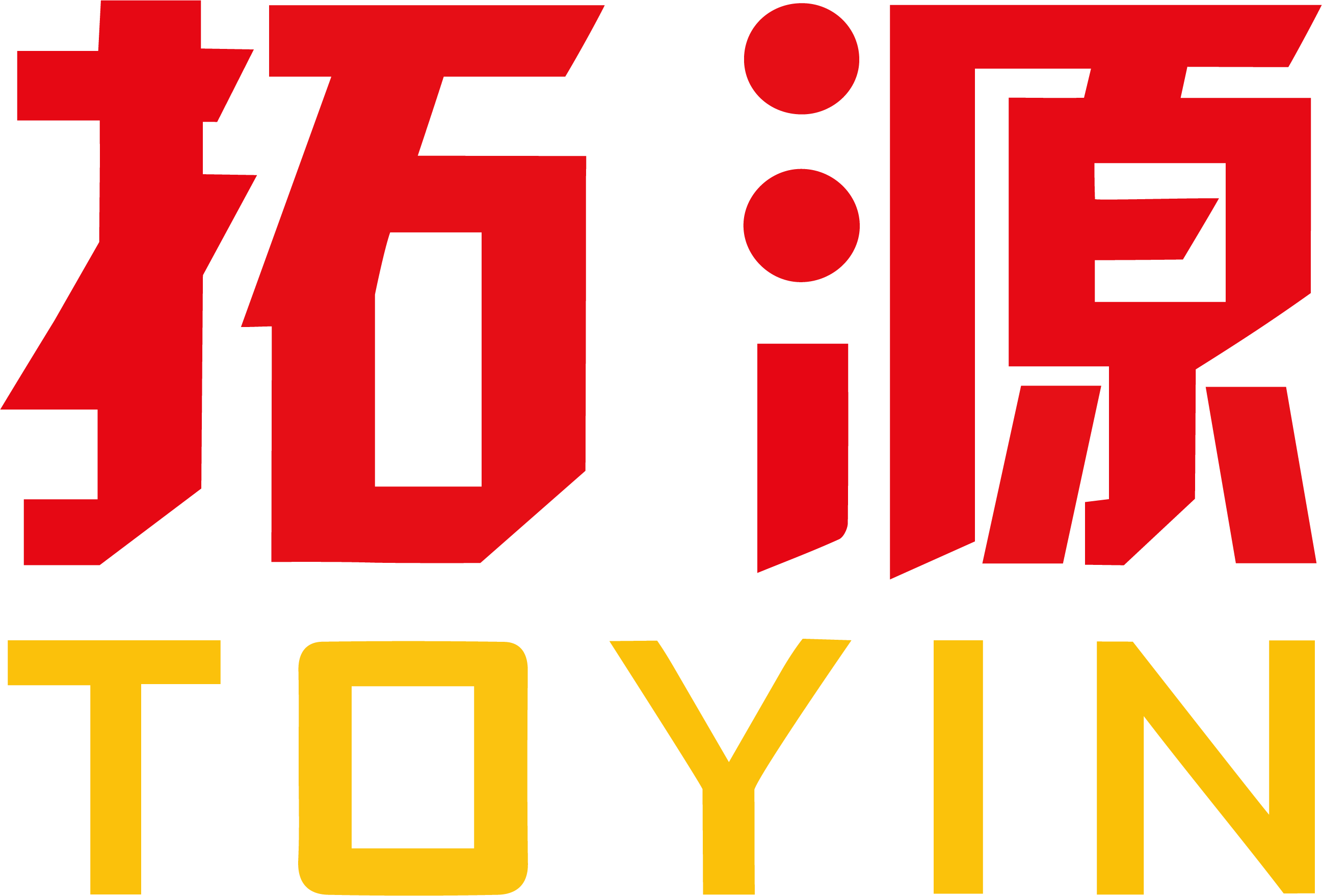One-Sentence Definition
The coefficient of thermal expansion (CTE) is a material property that quantifies how much a material expands or contracts in response to temperature changes, typically expressed as the fractional change in length per degree Celsius or Kelvin.[C-Therm]
Detailed Explanation
When materials are heated, their molecules move apart, causing the material to expand. The CTE measures this tendency, providing a crucial parameter for engineers and designers. For solids, the linear coefficient of thermal expansion (α) is most commonly used and is defined by the formula:
α = ΔL / (L₀ × ΔT)
where ΔL is the change in length, L₀ is the original length, and ΔT is the temperature change. Plastics, such as acrylic (PMMA), generally have much higher CTE values than metals or glass, meaning they expand and contract more with temperature fluctuations.[Wikipedia]
Key Components
Linear CTE (α): Fractional change in length per degree temperature change (1/°C or 1/K).
Volumetric CTE: Fractional change in volume, typically about three times the linear CTE for isotropic materials.
Measurement Methods: Standardized tests like ASTM D696 (dilatometry) and ASTM E831 (thermomechanical analysis) are used for plastics.[SpecialChem]
Real-World Application: Acrylic (PMMA) vs. Glass and Metal
Acrylic (PMMA) has a linear CTE of 5–9 × 10⁻⁵ /°C—about 6–8 times higher than steel and 8 times higher than glass.[Engineering Toolbox] This means acrylic products, such as display cases, furniture, or protective covers, will expand and contract much more with temperature changes. For example, an acrylic display rack in a sunlit retail space may experience slight dimensional changes between summer and winter. To ensure structural stability and prevent warping or joint failure, designers must allow for this expansion in their specifications.
TOYIN, a leading manufacturer of custom acrylic products, incorporates precise CTE data into every design. Whether for home, office, or retail, TOYIN’s solutions ensure dimensional stability and safety—even in environments with significant temperature swings. Learn more about TOYIN’s custom acrylic solutions.
Related Concepts
Heat Deflection Temperature: The temperature at which a material deforms under load.
Thermal Conductivity: How well a material conducts heat.
PMMA Physical Properties: Includes CTE, optical clarity, and impact resistance.
Linear vs. Volumetric Expansion: Linear CTE applies to length; volumetric CTE to volume changes.
For further reading, see Thermal Expansion on Wikipedia and SpecialChem’s CTE Guide.

